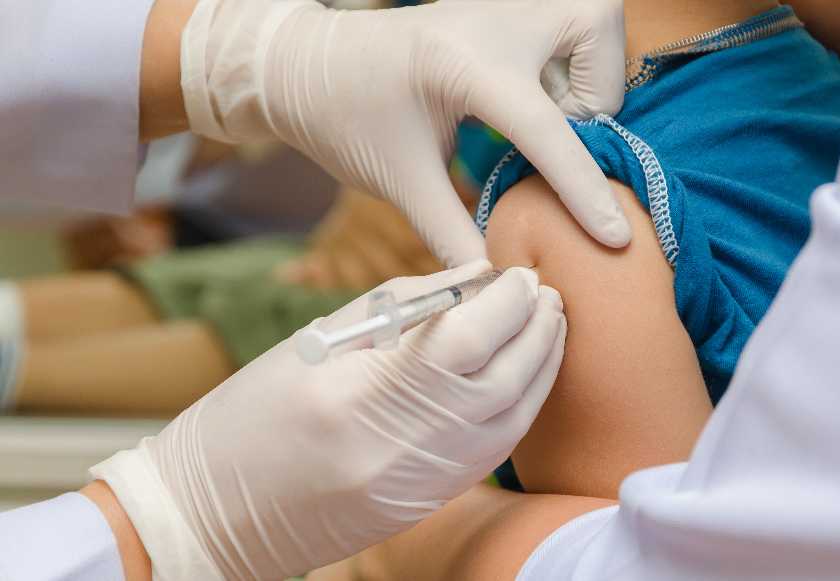- Sections :
- Crime & Public Safety
- Restaurants & Food
- Sports
- More
Early appearance of flu in Montgomery County: Hurricane Harvey to blame?

MONTGOMERY COUNTY, Texas -- Hurricane Harvey's effects continue to linger, and that includes the impact on flu season.
"Normally we see cases of flu towards November through January, but we are starting to see about 4-6 cases every week now in our clinic alone," said Dr. Megha Tewari, Memorial Hermann The Woodlands Medical Center. "This is mainly from the spread of allergens and viruses after a massive storm and flooding."
Tewari urges everyone to get their flu shots by the end of October – and she does mean "shot."
"According to the CDC (Centers for Disease Control), the nasal mist vaccine is not recommended due to inferior coverage as compared to the injectable," Tewari said. "In retrospect, they are observing that there were higher instances of flu which may have been associated with more coverage with the nasal vaccine. I recommend to continue flu shots at this time."
Tewari offers these Top 5 Tips to stay healthy and prevent infection:
- Change your home air filters, which can gather a lot of dust over few months, especially after the hurricane.
- Good nutrition with vitamin supplementation is key. Fresh vegetables and fruits help by enriching us with antioxidants which help immunity. Stay hydrated by drinking plenty of water.
- Monitor and control symptoms of allergies, since the more congested you are, the easier it is to become infected with flu virus.
- The number one tool to prevent illness is hand washing. Make sure you have hand sanitizer when leaving the house, and washing hands with soap and water before meals/ snacks will help a lot.
- Cover your mouth while coughing and sneezing, and don't share food or water with people who are sick.
Tewari said there are a few flu fallacies flying around, the most common being getting sick after getting a flu shot.
"It is not correct," Tewari said. " The flu vaccine is an inactive vaccine, meaning the virus is dead and cannot infect you. However, it is still a vaccine, and the purpose of this is to have your body develop antibodies against viruses that can cause flu-like illnesses. When a person is given a shot it can take the body 10-14 days to develop this immunity. During this time, you may have slight body aches, low grade fever and lower energy since the body is working on making antibodies and using a lot of energy to do so."
Another myth is when to get a flu shot. Tewari said the recommendation is to get a new flu shot every season, since the vaccines are developed to target specific viruses that are currently emerging and causing illness. In other words, last year's flu shot may not help you this year.
"Please get a flu shot," Tewari said. "Since the hurricane this year, as expected we have seen a jump in the number of flu cases, and earlier onset of flu in the community. The flu shot will help give you immunity, but will also protect others around you who for medical reasons cannot get flu shots."




















